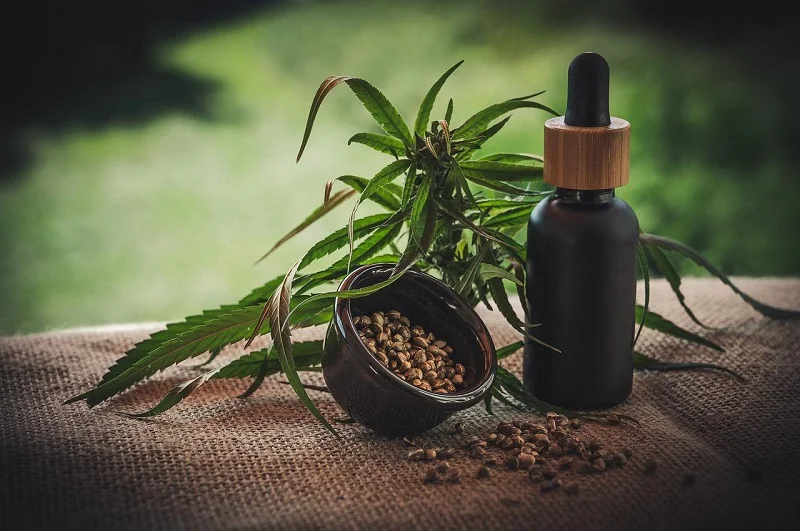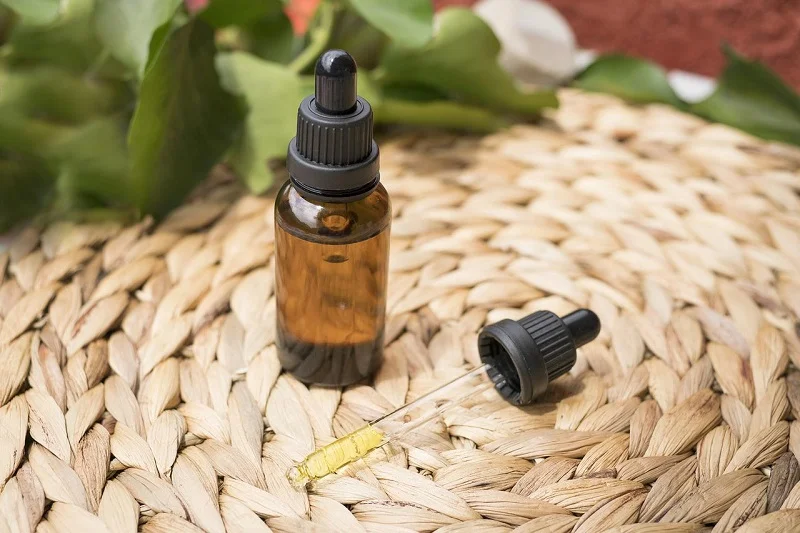CBC has several types and uses. Some are non-psychoactive, while others are psychoactive. First, learn about the benefits of CBC oil and how it inhibits the endocannabinoid system to promote the viability of adult neural stem cells. Then, weigh the pros and cons and decide for yourself.
CBC is a cannabinoid
CBC is one of the many cannabinoids, or cannabinoid compounds, found in cannabis. This cannabinoid has wide-ranging applications. Researchers have shown that cannabinoids work synergistically with each other. For example, the entourage effect has been shown to work with THC but is not yet understood for different cannabinoids.
CBC may have therapeutic potential in the fight against cancer. It inhibits the uptake of the psychoactive compound anandamide. A reference range accompanies the CBC test results. Doctors use these ranges to determine normal blood levels for a given blood test. The reference ranges differ from one lab to the next, but they are usually based on a large sample of healthy people.
First, your doctor will go over the significance of your CBC results with you. Then, your doctor will compare your blood levels to these ranges while also considering your symptoms and medical history.
It is Non-Psychoactive
Unlike THC, CBC products are non-psychoactive and do not cause a high. It does, however, have several beneficial effects on the body. This is because it binds to receptors called TRPV1 (transient receptor potential vesicle-1) that deal with the balance of the endocannabinoid system.
An imbalance in this system can lead to gloomy moods and irritability. CBC can help restore balance. This compound may also be used to treat depression and mood disorders. While there is little research on the medicinal benefits of CBC, it has been found to stimulate brain cell growth. Adult brain growth is typically limited to the hippocampus.
Continued brain cell growth, also known as neurogenesis, is crucial for proper brain function. Both CBD and THC have been shown to stimulate neurogenesis, and increased neurogenesis has been associated with improved brain function and reduced risk of depression, anxiety, and impaired memory.
It Inhibits the Endocannabinoid System
CBC is a cannabinoid that is found in the body. Like CBD and THC, CBC works with the endocannabinoid system to regulate various bodily functions. The endocannabinoid system acts as a communication system between internal organs. Therefore, it is necessary for any living being with a nervous system.
CBC is a cannabinoid found in marijuana with anti-inflammatory and pain-reducing effects. It has also been shown to inhibit the growth of tumors. The anti-inflammatory effects of CBC are more potent when combined with THC and other cannabinoids. This means that it could be used as a chemopreventive. It may also help fight off the symptoms of arthritis.
It Promotes the Viability of Adult Neural Stem Progenitor Cells
CBC oil may help improve the health of adult neural stem progenitor cells, which are critical for the proper function of the brain. This compound has the potential to enhance the viability of these cells by inhibiting their differentiation into astroglia. This compound may be an effective alternative medicine for neuroinflammatory conditions, such as Alzheimer’s disease.
It has several other significant benefits, including its anti-inflammatory effect. CBC is a non-intoxicating cannabinoid that has been shown to increase the viability of adult mouse neural stem progenitor cells during differentiation.
In a study with mice, CBC outperformed other primary phytocannabinoids in promoting antibacterial and antifungal function. Moreover, CBC’s potency against MRSA and other pathogens was not affected by its low potency.
It is a painkiller
CBC is a chemical that has several therapeutic applications, including the treatment of migraines. Its direct action involves binding to the TRPV1 receptors on nerve cells and many other cells. These receptors are sensitive to various stimuli, including pain and inflammation.
In animal studies, CBC showed similar pain-relieving effects to phenylbutazone when given in an equal dose. However, unlike phenylbutazone, CBC is less toxic and could be used at larger doses for the same therapeutic effect.
CBC is a non-psychoactive cannabinoid found in cannabis. Studies have shown that it can block animal pain and is not psychoactive like THC. In addition, studies have shown that cannabichromene and THC have a better anti-inflammatory effect than THC alone. These findings suggest that cannabis may have a therapeutic role in treating pain.

